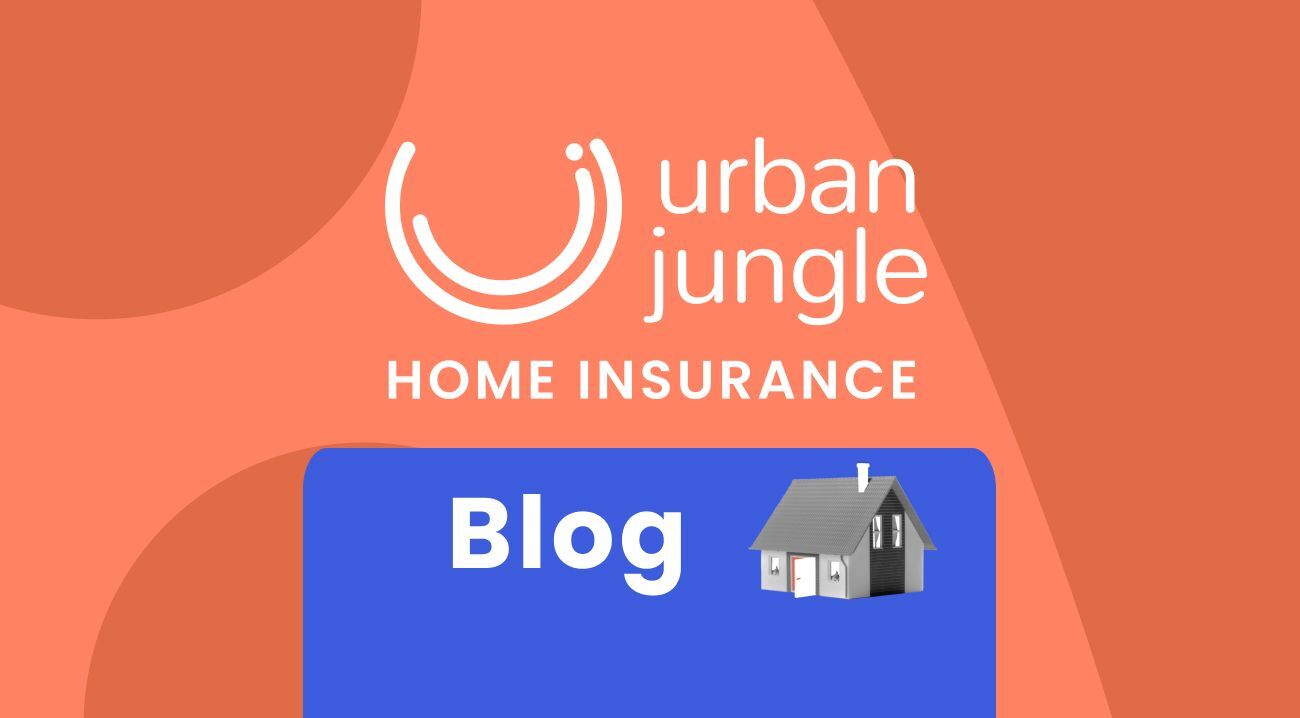Flood insurance: A guide

What is flood insurance?
Flood insurance is cover for damage caused by rising water levels that enter your property from outside. It might be worth having because water can quickly cause damage to your home and its contents.
Floods can have lots of causes, like:
- A nearby river, lake, or other body of water overflows and leads to widespread flooding.
- Heavy rain on higher ground nearby causes lots of water to flood into your property.
- Seawater breaches flood defence barriers in coastal areas, leaving homes underwater.
What is the difference between flood insurance, storm cover, and household leak insurance?
Flood insurance is specifically for water flowing into your home from outside due to rising flood waters or flash flooding. This insurance doesn’t cover other forms of water damage.
For instance, if your roof takes some punishment during a storm, it might end up with a hole that lets in rainwater. This might lead to damage similar to flooding, but it wouldn’t be considered flooding for insurance purposes.
Burst pipes and faulty taps can lead to escape of water and overflow. This might end up causing lots of water to flow your living space. Again, the result might be similar to that of flooding, but it's not going to be classed as flooding by your insurance provider. You might need household leak insurance to cover this instead.
Does home insurance cover flooding?
It's not common to have a separate flood insurance policy, so most homeowners will want to know if their home insurance includes flood cover. It’s often typical for home insurance to include cover for damage caused by flooding. It’s one of the common aspects of an insurance policy. Home insurance with flood cover is a popular choice, even in low-risk areas of the flood zone map.
Though you'll need to check the specific wording of your own insurance policy to make sure you are covered against flood damage.
What can flood insurance cover?
How does flood insurance coverage work exactly?
1. Property flood damage costs
Floods can cause a lot of damage to a property. Flood water can carry debris and other materials in it, and if the water is moving at a speed, they can impact the walls and structure of the property and cause damage.
The water can also cause damage to the home by being dirty or contaminated, as water from nearby lakes and rivers or elsewhere can filter through mud, grime, and even sewage.
2. Contents repair or replacement
Flooding can also cause damage to stuff, which can need repairing or replacing.
3. Flood damage cleanup and restoration
Flood damage cleanup is the process of tidying up after a flood. Flood damage restoration is generally the next phase after cleanup where the home is restored to its former self after flood damage. They can both be long and expensive procedures, so it can be worth checking what’s included in your policy.
Does flood risk affect insurance costs?
Insurance flood risk changes according to your postcode. As insurance providers generally work with risk when they calculate premiums, your home flood insurance costs are likely affected by where you live. The UK government provides information on flood risk zones. Enter your postcode and street address into the government's online checker, and you can discover more about floodplain zoning and the level of risk in your area. It might not be the exact information your home insurance provider uses to assess risk, but it can give you a rough idea.
The risk is typically greatest in low-lying areas around the coast and around major rivers. Some parts of Kent and Cornwall have experienced coastal flooding, while low-lying areas on both banks of the River Severn may be considered high risk.
Relatively low areas close to mountains may also be considered higher risk, as water running off a mountain slope after heavy weather can converge and cause flooding.
A few final tips…
No one wants to experience a flood at their home, but unfortunately, these events do happen from time to time. Flood insurance coverage may be able to help.
- Flood insurance may provide cover for when flood waters flow into your home from the outside — for example, from river and lake overflow.
- Burst pipes and leaks might not be classed as flooding for insurance purposes.
- You may end up paying more for flood insurance in high-risk areas, and there could be a flood excess to pay if you do need to claim on your insurance.
Urban Jungle is not a financial advisor and information in this article should not be taken as advice or recommendation.





